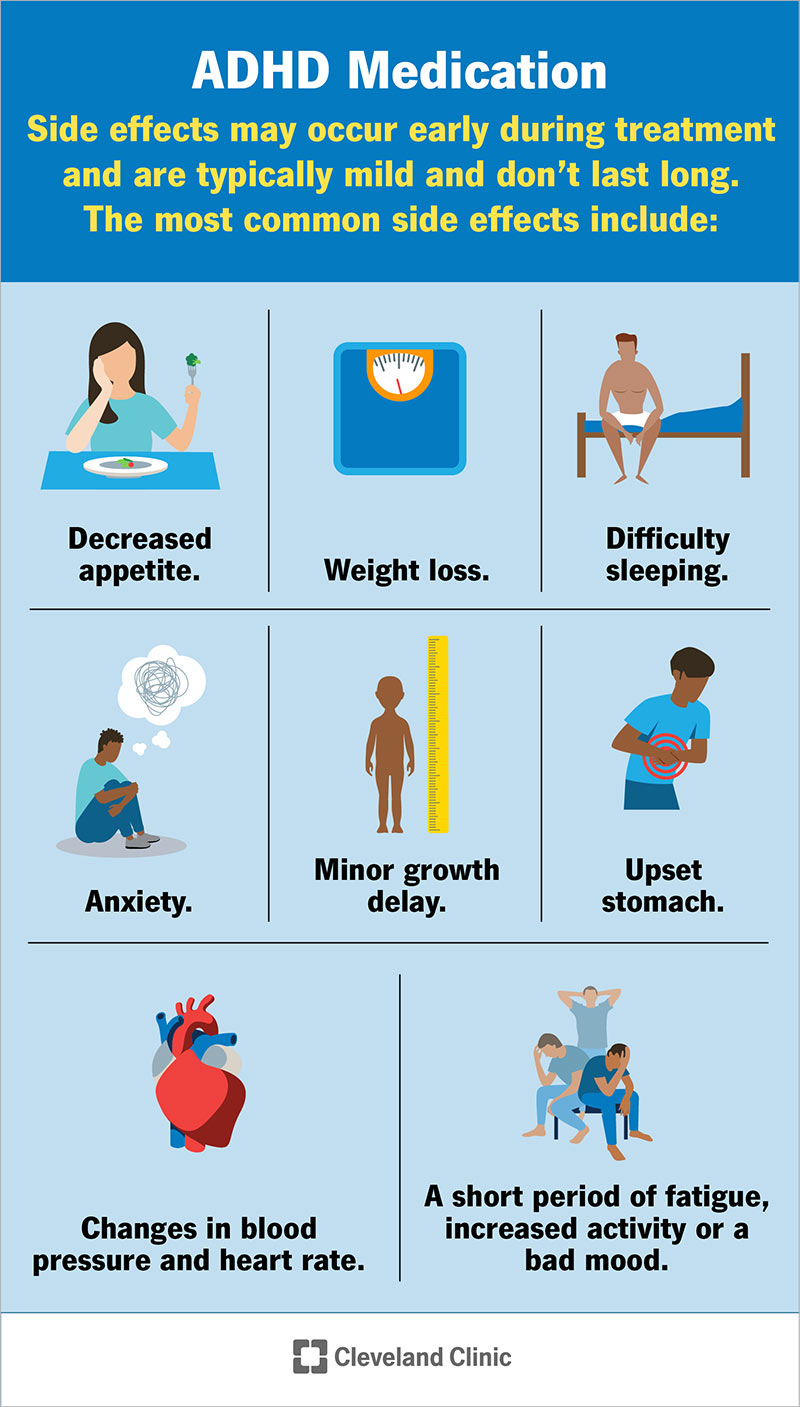Medication Management Programs for Effective Treatment Plans
Medication Management Programs for Effective Treatment Plans
Blog Article
The Advantages of Tailored ADHD Treatment Prepare For Better End Results
The implementation of personalized ADHD therapy strategies has actually emerged as a critical technique in enhancing healing end results for people impacted by this condition (ADHD treatment). By identifying the special symptoms of ADHD in each person, these customized treatments advertise greater engagement and inspiration, eventually leading to more reliable coping approaches.
Comprehending ADHD Variability
Although Attention-Deficit/Hyperactivity Condition (ADHD) is usually perceived as a particular problem, its manifestations can differ significantly amongst individuals. Gender distinctions additionally play a role, as males are a lot more regularly diagnosed with ADHD and typically display a lot more obvious symptoms, whereas females may provide with much less evident inattentiveness.
Furthermore, people with ADHD might experience a range of emotional and behavior difficulties, such as anxiousness or opposite defiance, that can make complex medical diagnosis and therapy. The interaction of these aspects can bring about varied experiences of ADHD, necessitating a nuanced understanding of the problem. It is also worth keeping in mind that ADHD can present differently throughout various social contexts, influencing just how signs and symptoms are identified and attended to. This understanding underscores the relevance of recognizing ADHD as a multifaceted condition, which requires personalized approaches to treatment that take right into account the distinct requirements and experiences of each individual.
Secret Components of Personalization
Customized ADHD treatment plans are based in a number of essential components that make certain efficient management of the disorder. An extensive analysis is vital, including standard score ranges, interviews, and behavior monitorings. This extensive evaluation enables clinicians to recognize the individual's special symptoms, toughness, and challenges.
2nd, the involvement of numerous stakeholders, including moms and dads, teachers, and the person, contributes to an alternative sight of the person's requirements. Collaboration promotes a supportive atmosphere that can adjust to the individual's context and way of living.
Third, treatment plans need to be flexible and adaptable, allowing for adjustments based upon recurring feedback and the individual's advancing needs. This flexibility enables the integration of numerous healing methods, such as behavioral treatments, psychoeducation, and drug monitoring.
Furthermore, social and contextual factors should be considered. Acknowledging the person's history, worths, and preferences guarantees that the treatment matters and considerate.
Last but not least, regular follow-ups and evaluations are necessary to keep track of development and make needed modifications. By concentrating on these vital parts, personalized ADHD therapy strategies can substantially enhance the performance of interventions, resulting in boosted end results for individuals with ADHD.
Improved Engagement and Motivation
To efficiently advertise improved involvement and inspiration in people with ADHD, it is important to integrate techniques that resonate with their interests and strengths. Individualized therapy strategies that line up with an individual's enthusiasms can lead to enhanced involvement in restorative activities, fostering a feeling of possession and interest for the process.
Making use of interactive and walking depression innovative methods can also significantly enhance inspiration. For example, incorporating gamification components or real-world applications of abilities can make tasks much more appealing and pertinent. This not just catches interest yet likewise reinforces finding out with enjoyable experiences.
In addition, setting achievable and significant goals customized to the individual can strengthen motivation. When people see their progress in the direction of personally considerable objectives, they are more probable to remain engaged. Normal comments and acknowledgment of achievements can further endure inspiration, producing a favorable comments loophole that encourages continued initiative.
Lastly, promoting an encouraging environment where people feel comprehended and valued can considerably influence their engagement levels. When therapy strategies are developed collaboratively, integrating input from the person, they are most likely to feel invested in their trip, inevitably resulting in boosted end results in managing ADHD.
Improved Coping Methods
Creating improved dealing techniques is critical for individuals with ADHD, as it equips them with efficient devices to browse day-to-day challenges. A tailored therapy strategy enables the identification of particular coping systems customized to the person's distinct demands and circumstances - ADHD treatment. Techniques such as mindfulness, time administration abilities, and business strategies can be integrated into everyday regimens, cultivating a feeling of control and lowering anxiety
Mindfulness practices, including meditation and deep-breathing exercises, assistance individuals with ADHD focus their interest and control their emotions. Time administration techniques, such as making use of timers or breaking tasks right into check my reference smaller sized, convenient actions, can alleviate feelings of bewilder. Furthermore, organizational tools like coordinators and checklists can improve performance and liability.
Lasting Positive Results
Carrying out tailored ADHD therapy plans can result in considerable long-term positive outcomes for people. These customized techniques, which think about distinct symptoms, preferences, and life circumstances, promote a lot more efficient management of ADHD signs and symptoms with time. By focusing on the particular demands of the person, these strategies improve adherence to treatment methods and foster higher engagement in restorative activities.

Furthermore, personalized therapy strategies can substantially decrease the risk of comorbid problems, such as stress and anxiety and depression, which are usually related to ADHD. Early intervention and regular support help people build strength and coping techniques, advertising general psychological health and wellness.
Inevitably, the long-lasting favorable outcomes of tailored ADHD treatment prepares not just boost the high quality of life for people but likewise understanding depression add to their total well-being and success in different life domains. This holistic approach emphasizes the significance of customized care in handling ADHD successfully.
Conclusion

Report this page